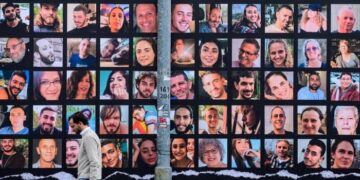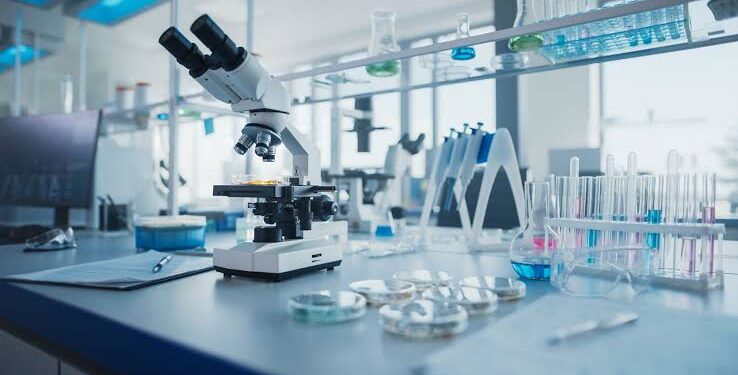When a biopsy revealed cancer in Bruce Knolmayer’s left kidney, he braced himself for the worst.
But Knolmayer learned his cancer had an unusual genetic trait that made him eligible for an experimental trial at Memorial Sloan Kettering Cancer Center in New York. Over six months, he had nine intravenous treatments designed to harness his immune system.
“They did a CT scan and they came back and they said they don’t see the tumor. … I couldn’t believe it worked that quick, to be honest,” Knolmayer told CBS News.
He’s part of an immunotherapy study that could fundamentally change the way certain cancers are treated.
Cancers with certain mutations can put the brakes on our immune system, allowing what’s called a mismatch repair-deficient, or MMR-deficient, solid tumor to grow. The new treatment is an antibody that releases those brakes so the immune cells can attack the cancer, according to one of the doctors who led the study.
Currently, cancers with this genetic mutation are typically treated with surgery, radiation and chemotherapy.
Dr. Andrea Cercek and her team at Memorial Sloan Kettering Cancer Center completed a study of 103 people with stages 1-3 solid tumors containing the genetic mutation. Of those patients, 49 had cancer of the rectum, while the rest had other cancers, including of the esophagus, urinary tract and liver.
Of the 103 people studied, “80% of them didn’t need any further treatment. So no surgery, no chemo, no radiation. Just immunotherapy,” Cercek said.
The best results were seen in patients with rectal cancer, all 49 of whom “experienced a complete clinical response, meaning their tumors disappeared,” Memorial Sloan Kettering Cancer Center said in a news release. Of the remaining patients in the study who had other cancers, 65% experienced a complete clinical response.
Dr. Luis Diaz Jr., who co-led the trial, noted the significance of the results and how avoiding certain types of treatments could be a game-changer for patients.
“Current treatments like surgery, radiation and chemotherapy can seriously affect quality of life,” he said in a statement. “For example, treating rectal cancer this way can lead to infertility and problems with bowel, bladder and sexual function, as well as other daily challenges.”
Cercek called the results “amazing” and said her team was excited.
However, only 2-3% of all early stage solid tumors have the same mutation targeted in the trial. Researchers say the next step is testing the drug as part of a cocktail with other immunotherapy agents.
CBS News















































